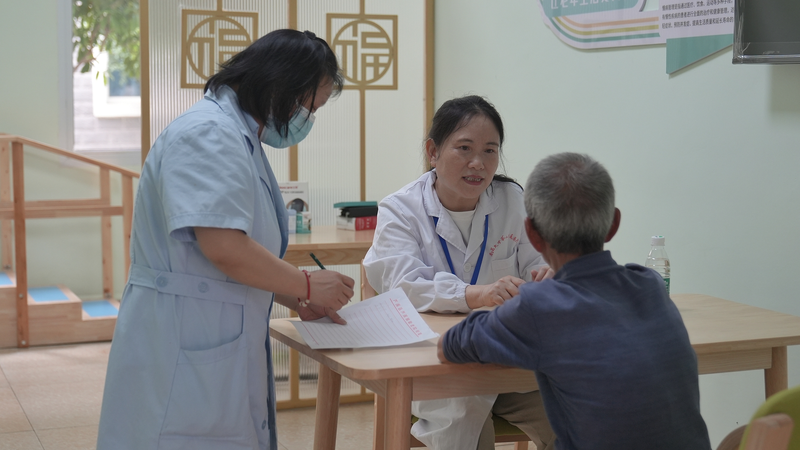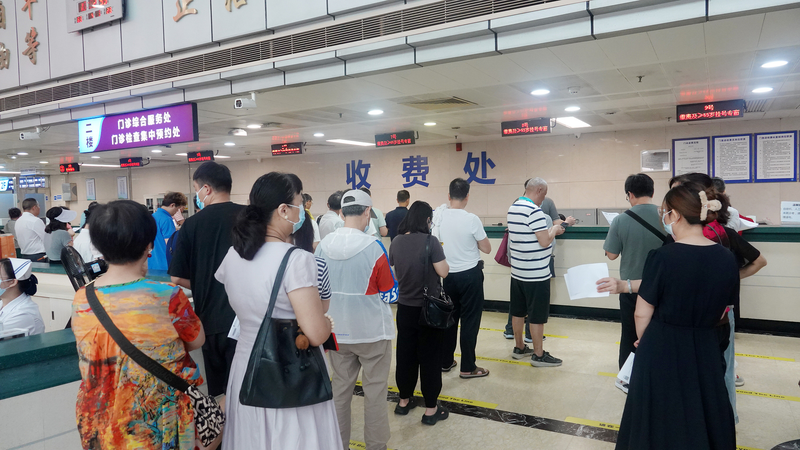Imagine traveling hours for life-saving treatment—only to face sky-high costs. That was 64-year-old Hu Detian’s reality until China’s healthcare reforms brought critical care to his doorstep. 🌟 Now, he gets hemodialysis at his local hospital in Anhui Province, saving time and money. 💸
From Crisis to Care
Just a few years ago, Yanzihe Town’s hospital couldn’t handle surgeries or dialysis. Residents either treated minor issues at home or trekked to distant cities. But in 2019, China launched a game-changing pilot program: county-level medical consortia. Jinzhai County became a testing ground, reorganizing resources to boost local clinics.
How It Works
The consortia link county hospitals with smaller clinics, creating a ‘triage highway’ 🚑. Expert teams from county hospitals now staff upgraded township centers, while a referral system ensures patients get the right care level. Result? County hospital visits dropped 10%, while local clinic usage jumped 20%! 📉📈
Scaling Nationwide
Over 2,188 counties are now piloting this model. By 2027, China aims for full coverage, ensuring everyone can reach care within 15 minutes. 🕒 Since 2009, grassroots clinics have grown by 17.9%, with telemedicine and AI-driven services set to expand by 2030. 🚀
Emergency Upgrades
Places like Sichuan’s Renshou County are investing heavily in emergency centers for strokes, heart attacks, and maternal care. In 2024 alone, they’ve poured $27.44 million into MRI scanners and advanced equipment—proving healthcare isn’t just urban anymore. 🏗️💡
From Hu’s story to nationwide stats, China’s healthcare overhaul is rewriting what ‘local care’ means—one clinic at a time. 🌏❤️
Reference(s):
cgtn.com






